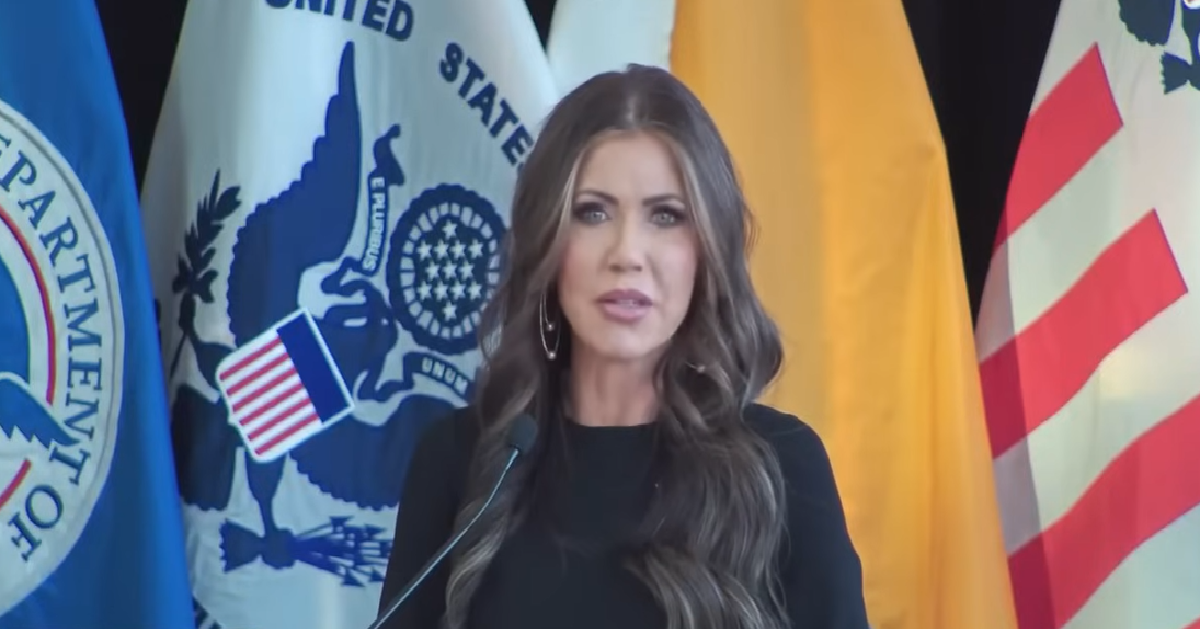DANIEL VAUGHAN: Dr. Leonard Hayflick (1928 - 2024) And The Mercy Of Death
For most of human history, we didn't know why we died at a given age; we just knew that it happened. And it was rare for humans to make it past the century mark. That all changed in 1961 when Leonard Hayflick observed that cell division limited how long humans could live—perhaps no more than 125 years. Dr. Hayflick passed away this week at the age of 96.
Scientists later coined this as the Hayflick limit, which describes the maximum number of times a cell population can divide. Before this, it was believed that cells and cell lines could live forever, which fueled the anti-aging movement. If scientists could unlock that secret, immortality would be within reach.
Hayflick once observed, "The invention of ways to increase human longevity is the world's second-oldest profession, or maybe even the first. Individuals are going to the bank at this moment with enormous sums of money gained by persuading people that they've found either a way to extend your life or to make you immortal."
He didn't see much benefit in the human longevity movement, and it's hard to blame him when he's the reason we found proof of the upper limit of human life.
I was thinking about that this week, reading another news item.
On Tuesday, the oldest woman in the world, Maria Branyas Morera, passed away at the age of 117. She was born in 1907 and is one of the oldest people for whom we have verified records. Given her age and the advice she gave on social media, she'd become something of a celebrity.
She claimed no special reasons for living that long. Others suggested otherwise. Manel Esteller, the chairman of genetics at the University of Barcelona, who studied Morera's genes and life, said, "She was a survivor of war and hardships, which he thinks helped her live longer. It is thought that people who have survived struggle have an advantage."
Morera lived through some of the very worst things in the 20th Century, between two world wars, the Great Depression, the Cold War, the Spanish Civil War, and more. These events likely helped her, though, as anyone could note, many others lived through that and didn't approach that longevity.
When looking at Morera's age of 117 and the Hayflick limit of 125, it's hard not to return to Genesis 6 in the Bible and recall God's limit on mankind's age at 120. We believe there's a way to immortality, but when we boil things down, it turns out there's no way to escape those limits.
There's a similar thing with snakes. You read about the curse on snakes, ridding them of legs and causing them to slither on their bellies. Science proves that point, too. Snakes have tiny hind leg bones buried in muscles that no longer develop.
I digress.
We're staring at limits that are hard-wired into our biology. Humanity has spent centuries denying that, but we've known the truth for decades. The man who discovered it and the world's oldest woman passed away in the same week. Both lived long and full lives but also fell well short of immortality.
Despite all modern medical advancements, we still face a basic biological clock. It's coded into our cells at the DNA level.
That is, or should be, humbling. In the grand scale of the cosmos, which moves on a time scale unfathomable to us, we're not even a speck.
When asked about the prospect of longevity, Hayflick panned the concept in 2001. "I'm an optimist. Anyone who believes in manipulating the human aging process is a terrible pessimist. I don't want to be alive when that's possible. I don't want to give another Adolf Hitler, a Saddam Hussein, another 50 years of life. Every time someone like that dies a natural death, people should thank their God, whoever that might be, for the phenomenon of aging."
Hayflick sounds a little like God in Genesis 6, who says, "My Spirit will not contend with humans forever, for they are mortal."
Longevity cuts both ways. Do we want Vladimir Putin, Xi Jinping, or any of the Kim family in North Korea living hundreds of years? And none of this counts the other truly depraved in our society who cause harm and chaos on smaller levels.
Seeing the Hayflick limit and death as a form of mercy is strange, but that may be precisely what it is. It has nothing to do with nature or anything else; it is because of who we are as humans. Human nature, not just nature, is the problem.
The man who discovered this came to that conclusion. Upon his death, it's hard to avoid the conclusion he was right about more than just that one scientific discovery.






